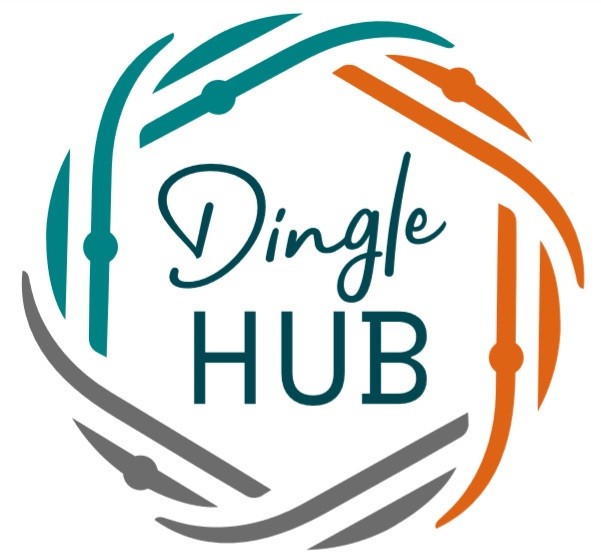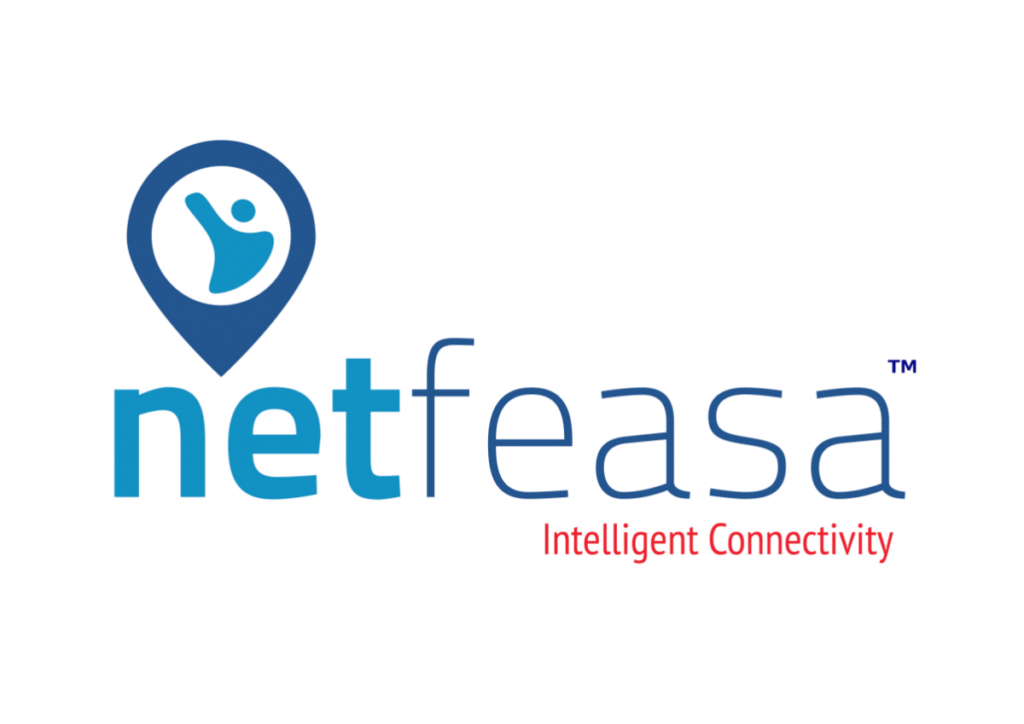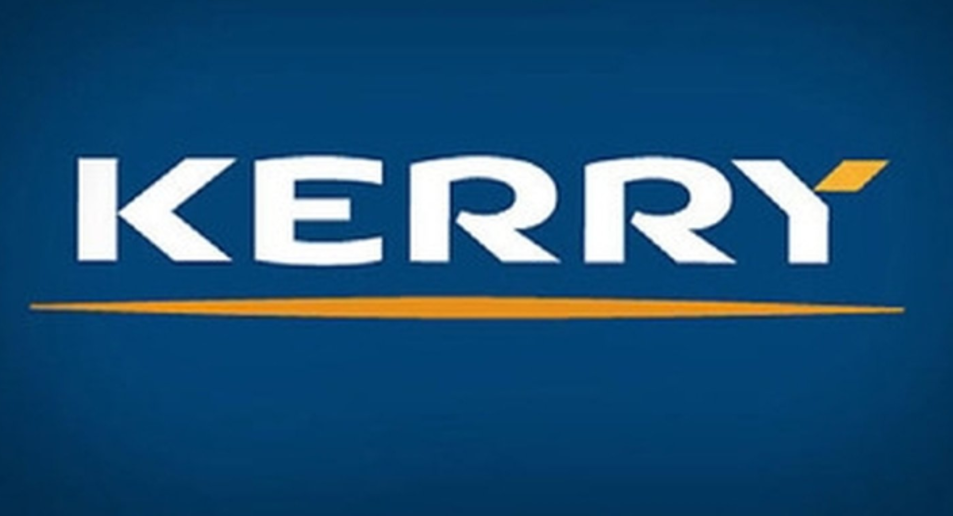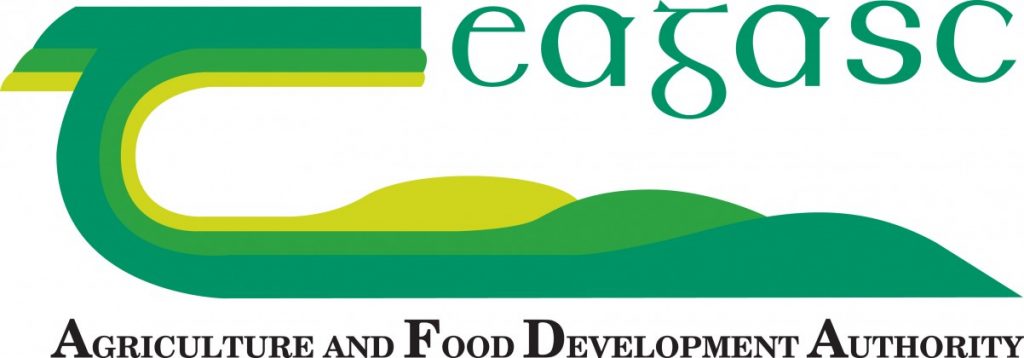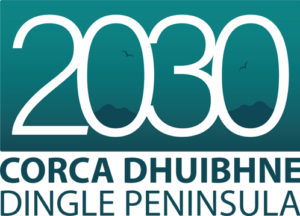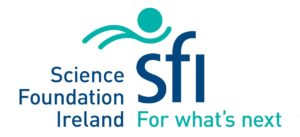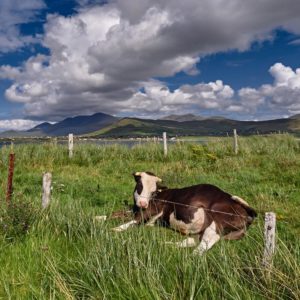
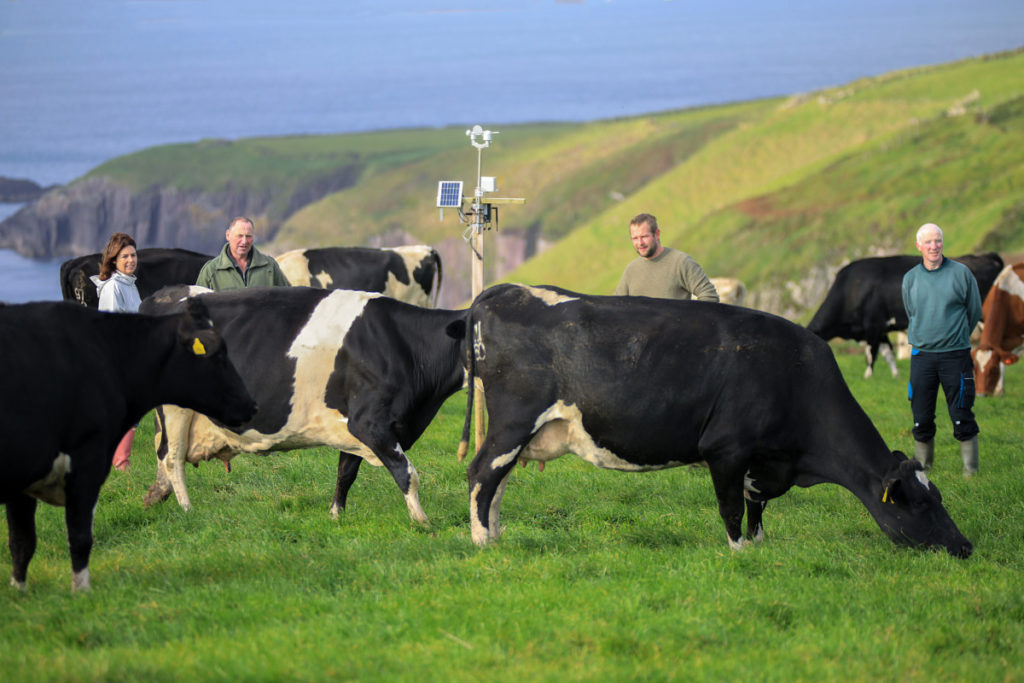
From 2018 to 2021, the Dingle Hub and Net Feasa implemented a variety of Internet of Things (IoT) use cases within the agriculture, water quality monitoring and transportation sectors, with the goal of ascertaining the viability of each and investigating subsequent commercialisation opportunities.
In July 2018, the Dingle Hub organized a workshop with key stakeholders to look at how technologies (particularly Internet of Things and associated sensors connected via a LORA network on the Dingle Peninsula) could assist farmers to become more productive and efficient, while also enabling the monitoring of soils and catchment areas, for compliance with environmental regulations.
Following this, the Dingle Hub, Net Feasa, Kerry Agribusiness and Teagasc came together to run a pilot programme for Farm Ambassadors on the Dingle Peninsula. The aim of the programme was to install Internet of Things (IoT) sensor technology on a number of farms, so as to improve and measure carbon efficiency, as well as implement cost and labour savings. It was hoped that, if satisfactory results were achieved, a programme, based on the Farm Ambassador Pilot, could be rolled-out over more farms.
Each Farm Ambassador was to trial the use of sensor technologies to support areas of farm management, including soil moisture, milk height, slurry height, oil/diesel height measurements, together with a local weather sensor, incorporating wind speed, temperature, pluviometer and air pressure.
The Dingle Hub coordinated the pilot programme and in August 2019 organized a workshop for interested farmers to hear what would be involved and to explore the benefits of installing the sensor technology on their farms. Six Farm Ambassadors were subsequently chosen.
Net Feasa installed and maintained the sensors and communications equipment and stored the relevant data on the cloud, where it was available to the partners.
Teagasc and Kerry Agribusiness supported the Farm Ambassadors on the ground, using the data to provide decision-support to the farmers and linking to the Sustainable Dairy Assurance Scheme (SDAS).
Teagasc also arranged for the relevant scientific analysis of the data, including the development of a Nutrient Management Plan (NMP) and a Standard Emissions Baseline for each of the six farms. This assessed the number of livestock units, soil characteristics, planned Nitrogen fertiliser use, amount of slurry being spread and milk yield.
In June 2021, a meeting was held in the Dingle Hub to discuss the data analysis and the lessons arising from the pilot programme. Plans for follow on work as part of the EU Ploutos project were also discussed.
